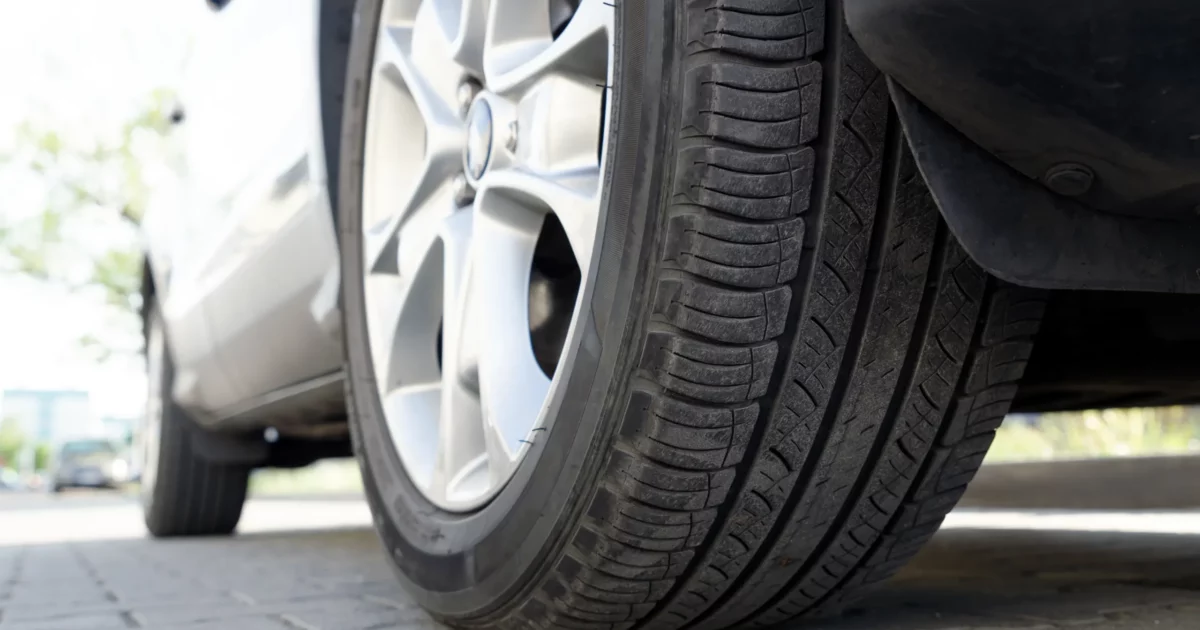
Tire chalking, the practice of marking parked cars with chalk to track the duration of their stay, has long been employed by parking enforcement officers. However, recent concerns over its legality and effectiveness have led judges in the United States to question and challenge this practice.
State, county, and municipal law enforcement agencies have begun integrating advanced technology, such as Automatic License Plate Recognition (ALPR), including virtual chalking, into their operations. This technology serves multiple purposes, from identifying stolen vehicles to enhancing security at large events, and facilitating virtual chalking for parking enforcement.
The Debate Over Tire Chalking
One of the primary arguments against tire chalking is that it violates the Fourth Amendment to the United States Constitution, which safeguards individuals from unreasonable searches and seizures. Some judges have ruled that marking a vehicle’s tires without the owner’s consent constitutes a search and requires a warrant.
In addition to concerns about its legality, tire chalking has also faced criticism regarding its effectiveness as a parking enforcement tool. Critics argue that chalk marks can be easily erased by rain or tire rotation, and that there are more accurate and efficient alternatives available.
What is Tire Chalking?
Tire chalking involves parking enforcement officers marking parked vehicles’ tires with chalk lines to monitor the duration of their stay in specific spots. This method is commonly used in areas with time-limited parking to ensure vehicles do not exceed the allotted time.
The Controversy Surrounding Tire Chalking
Despite being widely employed, tire chalking has become the subject of controversy in recent years. Opponents argue that the practice is an unconstitutional invasion of privacy, enabling parking enforcement officers to track individuals’ movements without their consent. It is also claimed that tire chalking disproportionately affects low-income communities unable to afford parking garages or private lots.
The Legal Status of Tire Chalking
The legality of tire chalking remains unclear. While some courts have ruled it constitutional, others have deemed it a violation of privacy rights. In 2019, a federal appeals court in Michigan declared tire chalking unconstitutional, equating it to attaching a GPS device to a vehicle. Subsequently, some cities have stopped using tire chalking altogether, opting for alternative parking enforcement methods like license plate recognition technology.
Alternatives to Tire Chalking
One alternative is the use of digital technology, such as parking apps and license plate recognition software, which can more accurately track the duration of a vehicle’s parking in a specific location. These technologies are less prone to errors and tampering and can provide a reliable record of parking violations.
Virtual Chalking: The Future of Parking Enforcement
Virtual chalking, also known as digital or electronic chalking, is a modern alternative to traditional tire chalking gaining popularity among parking enforcement agencies. Instead of physically marking tires with chalk, virtual chalking employs digital technology to track the duration of a vehicle’s parking.
Accuracy and Reliability
Unlike physical tire chalking, which can be erased by rain or tire rotation, virtual chalking uses digital sensors or GPS technology to accurately track the duration of a vehicle’s parking. This ensures fewer errors and inconsistencies in parking enforcement and provides a reliable record of parking violations.
Convenience and Ease of Use
Traditional tire chalking requires parking enforcement officers to physically mark each parked car’s tires, consuming time and resources. With virtual chalking, officers can utilize mobile or handheld devices to record parking violations, saving time and effort.
Easy Database Handling
Data can be seamlessly transferred between shifts without loss, and automatic alerts are generated when a license plate is detected multiple times within the same parking zone or flagged as a scofflaw. The platform also offers various options for organizing and sorting parking data, including by date, license plate number, location, and time.
Environmentally Friendly
Virtual chalking eliminates the waste generated by physical chalk, making it more environmentally friendly as there is no material waste.
Conclusion
The practice of tire chalking is facing increased scrutiny and challenges from judges in the United States. While it has been a standard parking enforcement method for many years, concerns over its legality and effectiveness have prompted the exploration of alternatives. Virtual chalking, enabled by digital technology, offers more efficient and accurate options for parking enforcement and has the potential to shape the future of this industry.
FAQs
At this time, we do not have any frequently asked questions regarding this topic. If you have any inquiries or need further information, please feel free to reach out to us at Car news.